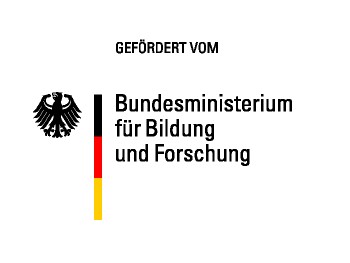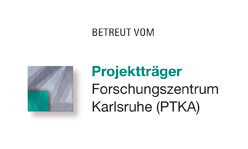The LiSA project was funded by BMBF (Bundesministerium für Bildung und
Forschung). Project duration was 1.4.2006 - 31.7.2009.
The goal was to develop an autonomous mobile robot as a system assisting
in a life-science research lab environment. It was a
cooperative project between the partners:







[Link to the
joint project page of LiSA (in German)]
Within the project consortium, University of Osnabrück was responsible mainly for the following topics:
- Robot specification
One topic is the conception of the system architecture and specification of the whole system.
- Mapping of the environment
We use the Kurt3D robot to get a 3D map of the LiSA robot's environment. Out of this map we slice a 2D map for robot navigation.
- Robot navigation
The second topic we are dealing with is the robot'snavigation. This topic can be subdivided into the following three parts:
- Self localization
The most fundamental precondition for a autonomous mobile robot is its knowledge about its current position. We realize this task using experiences and algorithms obtained in the Kurt3D project.
- Path planning
Since the LiSA robot has multiple workstations, it must be able to drive from one workstation to another. We plan to realize this by testing several path planning algorithms, yielding a path that avoids collision with the static environment.
- Obstacle avoidance
Due to the fact that a life science labor is a dynamic environment, the LiSA
robot must be able to avoid collision with dynamical objects (human,
chair, drawer,...). Hence the path given by the path planner must be dynamically modified.
Contact |
Prof. Joachim Hertzberg
University of Osnabrück
Institute of Computer Science
Knowledge Bases Systems Research Group
Albrechtstraße 28 D-49069 Osnabrück, Germany
|
For questions about the UOS contributions to the LiSA project, please contact: |
|

|
 |
Financial support for this research and development project LiSA is
provided by the German Federal Ministry for Education and Research (BMBF) as
part of the framework program "Forschung für die Produktion von Morgen"
(Research for tomorrow's production; grants no. 02PB2170- 02PB2177). Its
administration is handled by the Project Management Agency Forschungszentrum
Karlsruhe (PTKAPFT). |

|
Last changed: Jul 2, 2009 |










